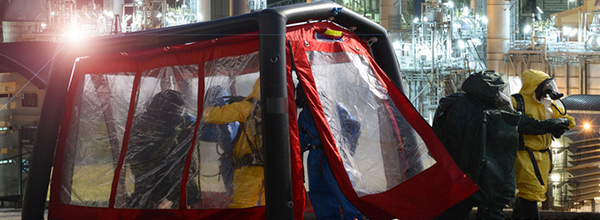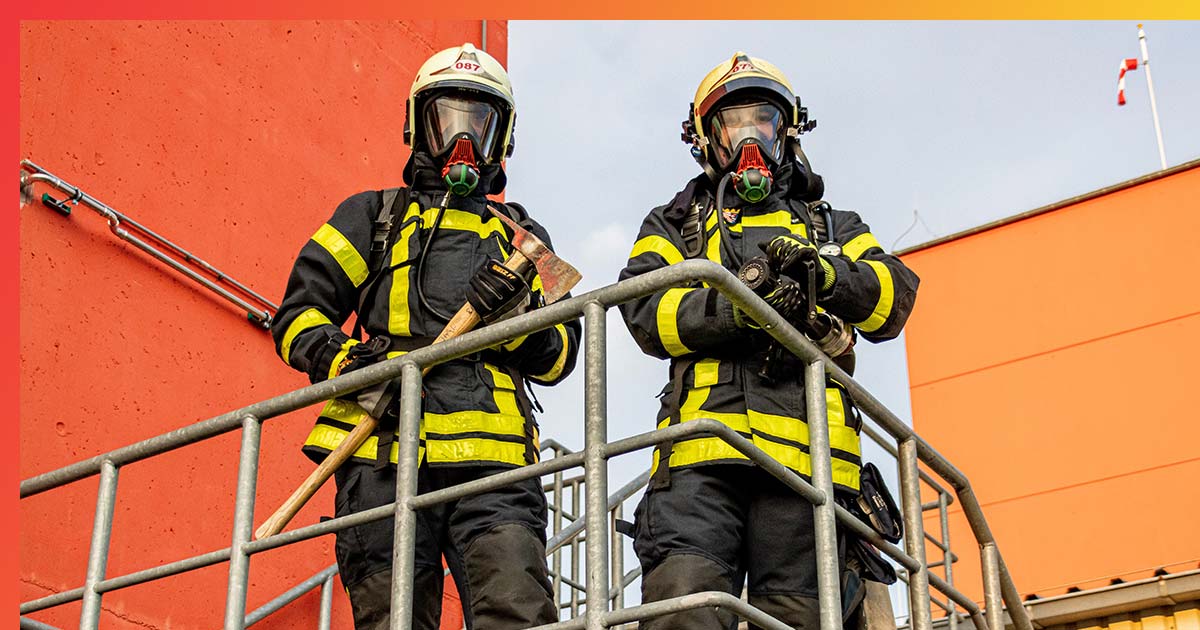Incident Commander Training
On-Site Incident Commander Training
This course prepares an individual to have the necessary ability, knowledge, and skills to manage a hazmat response successfully. Utilizing the Incident Command system developed by the fire industry, the commander will learn how to integrate with all outside agencies.
Request More Information
Ready to get started? Our team is standing by to help with your hazmat training needs.
We Bring Our Experts To Your Facility
Additionally, the Incident Commander must be able to understand and interpret the Emergency Response Plan and the Emergency Action Plan that are in place for the facility. These plans dictate what to do, how to proceed and the appropriate time to set the plans in motion.
On-Scene Incident Commander Training
Requirement
Duration
Description
OSHA requires that all personnel who are expected to lead the response teams that respond to spills or leaks must have this training.
Scope
This course covers:
- Incident Command Structure
- The Critical Elements of Incident Response
- Hazard and Risk Assessment
- Transfer of Command
- Emergency Response Plan Review
- Site Security
- Site Management Control
Prerequisite
Who Should Attend

What is an Incident Commander?
An Incident Commander is the person responsible for all aspects of an emergency response including developing incident objectives, managing all incident operations and applying resources as well as being responsible for all persons involved. The Incident Commander must immediately take charge of the event -- The decisions the Incident Commander makes in the first five to ten minutes will dictate the outcome of the event.
The decisions made by the Incident Commander have the potential to change the lives of the people in and around the facility. Therefore, proper and extensive training of not only the Incident Commander, but also the other employees is crucial.
Incident Commander Questions & Answers
Without incident commander training, the individuals in charge will not have a clear understanding of the regulations required during a hazmat response. Nor will they be trained to size up and develop action plans. Companies will ultimately be responsible for all actions taken. Trained incident commanders reduce the cost involved, including loss of life, property and even the business.
Related Services
Related Posts

Emergency Response Plan


